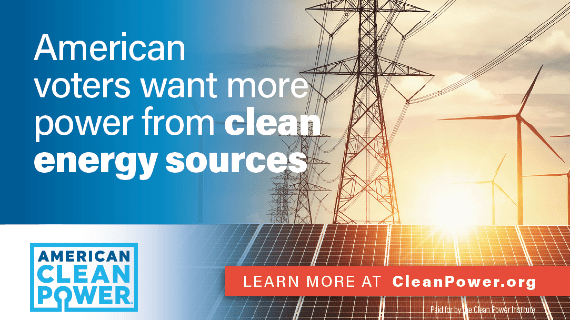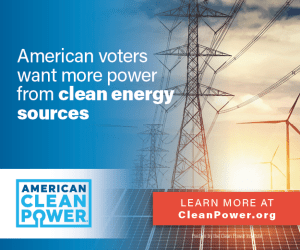Overnight Energy & Environment — Presented by American Clean Power — Big Oil’s day in Congress
Welcome to Thursday’s Overnight Energy & Environment, your source for the latest news focused on energy, the environment and beyond. Subscribe here: digital-staging.thehill.com/newsletter-signup.
Today we’re looking at what went down at the big oil hearing, the latest details on reconciliation and the Biden administration’s latest plans to tackle lead poisoning.
For The Hill, we’re Rachel Frazin and Zack Budryk. Write to us with tips: rfrazin@digital-staging.thehill.com and zbudryk@digital-staging.thehill.com. Follow us on Twitter: @RachelFrazin and @BudrykZack.
Let’s jump in.
Oil companies downplay early climate knowledge in tense House hearing
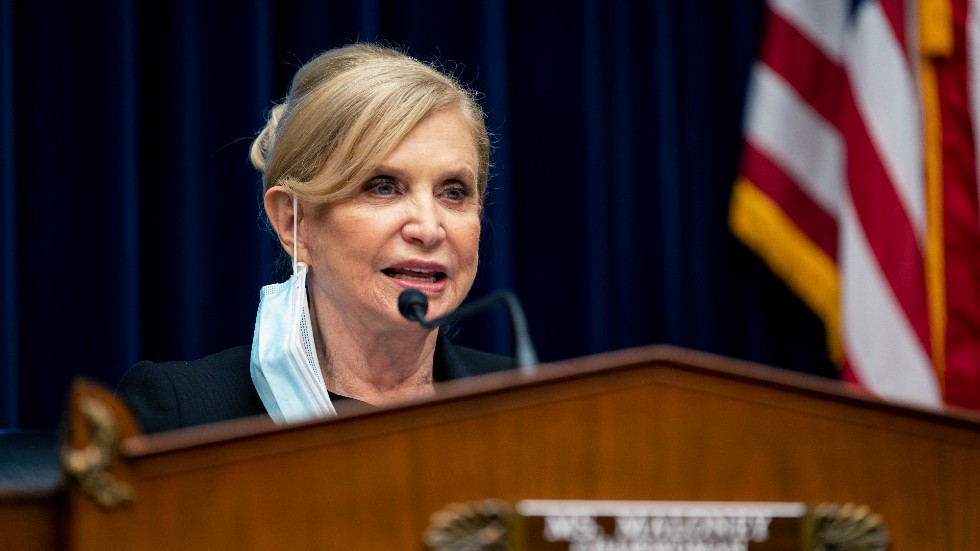
Leaders of the U.S. oil industry refused to concede that their companies had ever misled the public about the link between burning fossil fuels and global warming during a tense House hearing on Thursday.
The hearing before the House Oversight Committee was billed as “Fueling the Climate Crisis: Exposing Big Oil’s Disinformation Campaign to Prevent Climate Action,” and Chairwoman Carolyn Maloney (D-N.Y.) set the tone early.
“I want each of you to affirm that your organization will no longer spend any money either directly or indirectly to oppose efforts to reduce emissions and address climate change,” she said.
Thanks, but no thanks. The executives did not directly say they would do so, and Maloney accused one of them of filibustering. She soon moved on after declaring none of them were willing to take her “pledge.”
Rep. Ro Khanna (D-Calif.), chair of the House Oversight Committee’s environmental subcommittee, repeatedly pressed Exxon CEO Darren Woods on statements by then-CEO Lee Raymond in 2002, in which he denied a link between fossil fuel combustion and climate change.
These comments, Khanna noted, came decades after 1978 internal reports from Exxon scientists warning of such a link.
While Woods acknowledged the connection between burning fossil fuels and warmer temperatures, he maintained Raymond’s comments had been consistent with then-current science despite the internal research.
Meanwhile, Woods also claimed that the company didn’t have any “unique” understanding of climate science.
“I am not aware of any unique understanding that we had on the science. We engaged with the broader community and worked with them to advance our own understanding and as time passed and scientific understanding evolved, so did our position,” he said.
But…Numerous ongoing lawsuits and news reports have alleged that the companies knew about climate change for decades, but took a contrary position in public.
BP America Chairman David Lawler stated that his company was aware as early as the 1980s of reports of climate change, but said there was “debate.”
“There was a lot of science, there was a lot of debate that was published during that time period, but I would say that BP focused on the landmark IPCC study in 1996,” Lawler said, referring to the UN’s Intergovernmental Panel on Climate Change.
A MESSAGE FROM AMERICAN CLEAN POWER
Clean energy sources like wind, solar and energy storage power American jobs and economic opportunity across the U.S. Clean energy is powering the future, and together, we are the future of power. Read more.
THURSDAY’S ATTENDEE LIST
The BP and Exxon executives testified alongside top brass from Shell, Chevron and key lobbying groups the American Petroleum Institute (API) and the Chamber of Commerce.
But it’s not over yet…Maloney announced at the end of the hearing that she would be issuing subpoenas to the six oil interests, which she said failed to provide requested financial documents and internal communications.
“I do not take this step lightly,” she said. “We need to get to the bottom of the oil industry’s disinformation campaign, and with these subpoenas, we will.”
Speaking with reporters during a recess, Khanna said that future hearings remain on the table, with potentially expanded witness lists, including social media executives whose platforms may have spread climate disinformation.
Climate provisions in WH in framework, House bill
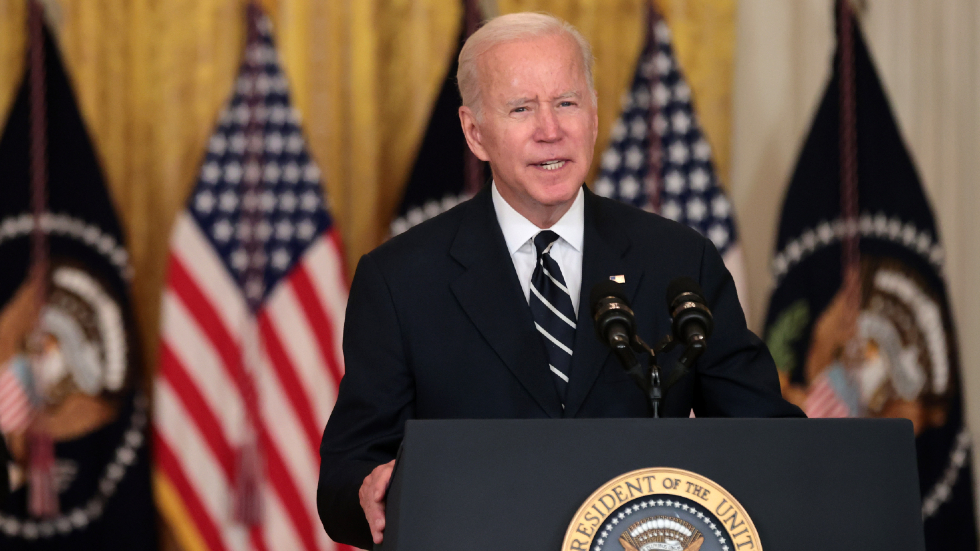
On Thursday, both the White House and the House released new information on what could end up being part of the Democrats’ spending bill — including climate provisions.
The White House’s $555 billion in spending on climate included:
- Clean energy tax credits
- Tax credits making U.S. and union-built electric vehicles cheaper by $12,500 for a middle-class family
- A 300,000-member conservation jobs program called a Civilian Climate Corps
- Tax credits and rebates to help people electrify their homes
- Investments in clean energy and sustainability projects through an accelerator
But it notably did not mention a methane fee — a major emissions reducer which Sen. Joe Manchin (D-W.Va.) has pushed Democrats to drop. However, a source familiar told The Hill that the negotiations are ongoing and it could wind up in the final bill.
Meanwhile, the House text did include the methane fee — but with a twist.
The House’s version contained a carrots-and-sticks approach to methane emissions, providing $775 million for grants, rebates, contracts, and loans to reduce methane emissions from oil and gas drilling. It would also require the Environmental Protection Agency (EPA) to create waste thresholds and impose a fee on emissions exceeding those thresholds.
It also retained other energy and environmental provisions that weren’t spelled out in the White House framework, including a repeal of drilling in the Arctic National Wildlife Refuge and permanently banning new offshore oil and gas leasing in the Atlantic, Pacific and Eastern Gulf of Mexico.
Biden administration takes on lead exposure
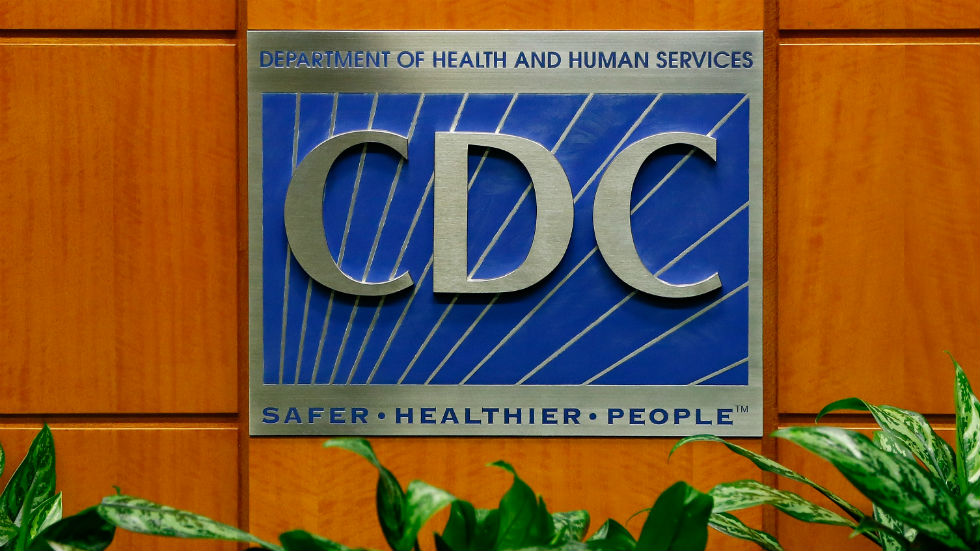
The Centers for Disease Control and Prevention (CDC) and Environmental Protection Agency (EPA) each took actions on Thursday aimed at protecting people from lead poisoning.
The CDC lowered its threshold for how much lead in is considered poisoned, meaning that resources would be focused on young children who now meet the lower threshold.
Meanwhile, the EPA announced a revised strategy for reducing lead exposure, with a focus on communities that have had a disproportionate amount.
The draft plan would focus on identifying communities with especially high levels of both lead exposure and blood lead levels. The agency would next develop national standards and guidance to address those exposures and enforce existing regulations.
Broader goals of reducing community exposures will specifically target several particularly vulnerable situations, such as homes where young children may be exposed to lead paint, drinking water that may contain some level of lead and soil that may contain hazardous amounts of lead.
The agency’s Office of Chemical Safety and Pollution Prevention is currently revisiting dust-lead clearance levels, which inspectors and risk assessors use to determine whether housing presents a risk of lead exposure. The EPA also plans to collaborate with the Department of Housing and Urban Development to revisit the EPA’s rules on lead in renovation.
Read more about the EPA’s actions here.
A MESSAGE FROM AMERICAN CLEAN POWER
Clean energy sources like wind, solar and energy storage power American jobs and economic opportunity across the U.S. Clean energy is powering the future, and together, we are the future of power. Read more.
WHAT WE’RE READING
- Interior official warns unvaxxed employees could be fired, E&E News reports
- Current gasoline price likely does not merit U.S. emergency action -U.S. energy secretary, Reuters reports
- Old Power Gear Is Slowing Use of Clean Energy and Electric Cars, The New York Times reports
- The Single Sentence That Could Upend the Environmental Fight in New York, Curbed reports
ICYMI
- UN human rights chief calls for ‘urgent, priority action’ ahead of climate summit
- China offers no notable new environmental goals ahead of UN climate summit
- Exxon CEO says he had calls with lawmakers on reconciliation bill
- Companies planning gene-edited strawberries to reduce waste
And finally, something offbeat and off-beat: Footage from yesterday’s “bipawtisan” Halloween party.
That’s it for today, thanks for reading. Check out The Hill’s energy & environment page for the latest news and coverage. We’ll see you tomorrow.
{mosads}
Copyright 2024 Nexstar Media Inc. All rights reserved. This material may not be published, broadcast, rewritten, or redistributed..

